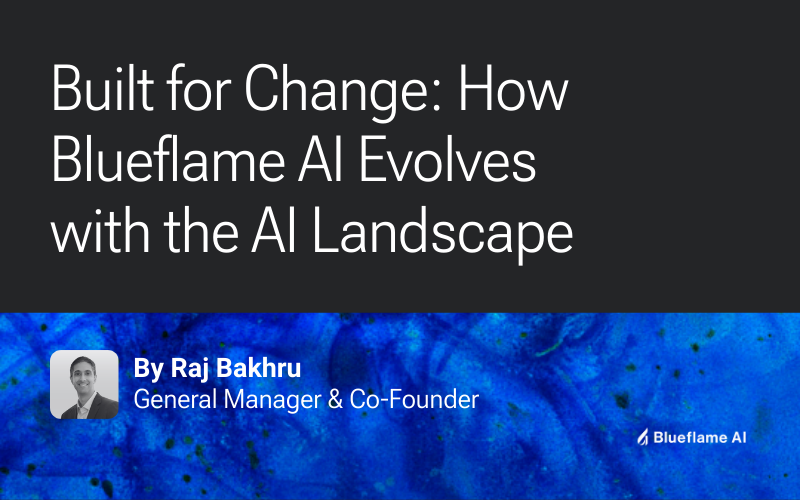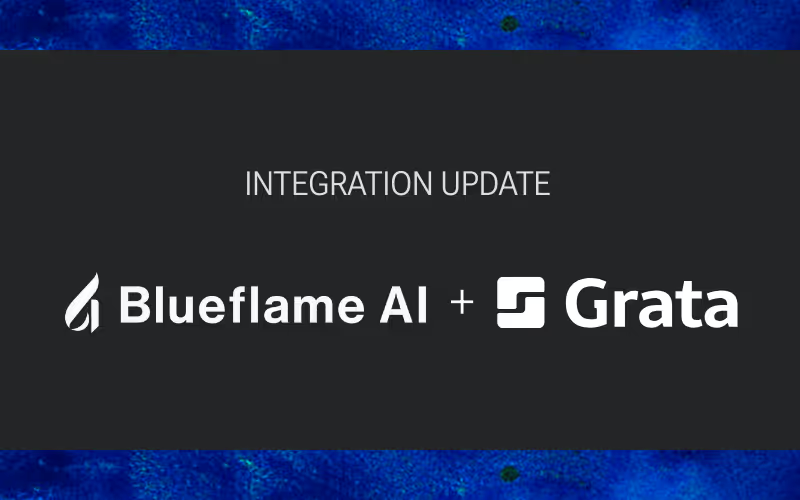In our recent webcast with ACA Group, Navigating AI Implementation Compliance Considerations for Private Markets, we surveyed our participants and found that the majority, 54%, were not monitoring or unsure if they were monitoring AI use at their firm. Kris Lau, Managing Director at ACA Aponix®, also noted in the 2024 Cybersecurity Benchmarking Survey, that 40% of respondents had yet to evaluate AI as a cybersecurity risk, and 58% see AI as new cybersecurity risk. We know that AI is becoming a “must-have” for alternative investment managers, but with the rapid deployment of new technologies, key security, privacy, and regulation considerations are still being determined.
As AI becomes more prevalent, it is crucial to address the security and compliance considerations associated with its implementation. In this blog, we will provide a high-level overview of the key factors to consider when deploying AI systems, ensuring data protection, privacy, and regulatory compliance.
Data Security
AI systems rely heavily on vast amounts of data, making data security a top priority. Consider the following measures to safeguard your AI implementation:
- Data Encryption: Encrypting data at rest and in transit ensures that sensitive information remains protected from unauthorized access.
- Access Controls: Implement robust access controls to restrict data access to authorized personnel. Role-based access control (RBAC) and multi-factor authentication (MFA) can help prevent unauthorized access.
- Data Minimization: Collect and retain only the necessary data for AI training and analysis. Minimizing data reduces the risk of exposure and potential breaches.
Privacy Protection
AI systems often process personal and sensitive information, necessitating compliance with privacy regulations such as the General Data Protection Regulation (GDPR) or the California Consumer Privacy Act (CCPA). Consider the following privacy-focused considerations:
- Anonymization and Pseudonymization: Ensure that any data shared with Large Language Models (LLM’s) is anonymized or pseudonymized to protect data while still enabling AI analysis.
- Privacy Impact Assessments: Conduct privacy impact assessments to identify and mitigate potential privacy risks associated with AI implementation.
Regulatory Compliance
AI implementations must adhere to various industry-specific regulations. Consider the following compliance considerations:
- Industry-Specific Regulations: Anticipate regulators increasing rules and regulations around AI in the upcoming months. Understand and comply with industry-specific financial regulations (e.g., Anti-Money Laundering, SEC, FINRA, FCA, EU).
- Ethical Guidelines: Adhere to ethical guidelines and principles, such as those outlined in the European Commission's Ethics Guidelines for Trustworthy AI or the IEEE Global Initiative on Ethics of Autonomous and Intelligent Systems.
- Auditability and Documentation: Maintain comprehensive documentation of AI models, data sources, and processes to facilitate audits and demonstrate compliance.
Implementing AI systems requires careful consideration of security and compliance aspects to protect data, ensure privacy, and comply with regulations. Organizations can build trustworthy and responsible AI systems by prioritizing data security, privacy protection, fairness, and regulatory compliance. As AI continues to evolve, staying updated with emerging security and compliance best practices will be essential for successful and ethical AI implementations.
How Blueflame AI Approaches Security, Privacy, and Compliance
At Blueflame AI, we place a strong emphasis on security, privacy, and regulatory compliance. Our commitment is underpinned by the knowledge and expertise of our founding team, several of whom previously led a specialized cybersecurity and privacy consultancy. We understand the critical regulatory and fiduciary obligations our clients face. Consequently, our systems and processes have been carefully designed to be highly robust, thoroughly addressing the security and privacy considerations outlined in this article.

.avif)
.png)

